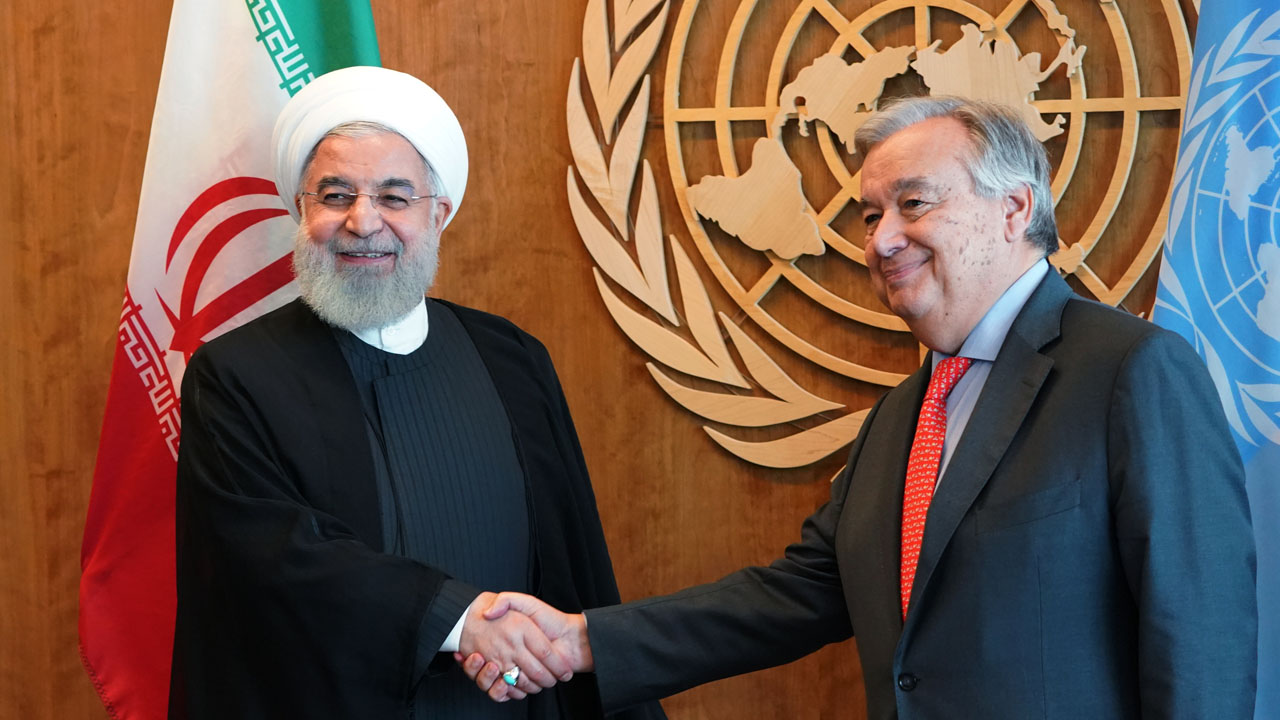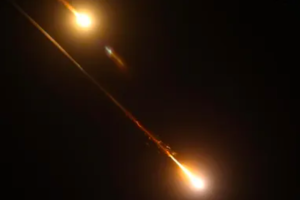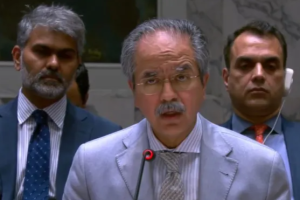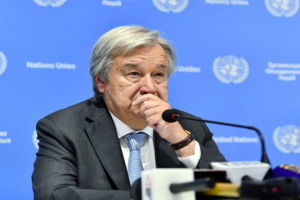The International Court of Justice (ICJ) on Wednesday ordered the US to ease sanctions it re-imposed on Iran after pulling out the 2015 nuclear deal. Siding with Tehran, the ICJ said exports of “humanitarian” goods, such as food and medicines, should be allowed, the BBC reported.
US President Donald Trump moved to restore tough sanctions on Iran in May after announcing he was abandoning Tehran’s nuclear deal with world powers.
He said the deal had “failed to achieve the fundamental objective of blocking all paths to an Iranian nuclear bomb” and did not deal with Tehran’s “malign activities, including its ballistic missile programme and its support for terrorism”. Iran challenged the sanctions in a case filed in July at the court.
The deal was originally signed between Iran and China, France, Russia, the UK, the US plus Germany and the European Union, which aimed to halt the Islamic Republic’s nuclear weapons programme in exchange for lifting of economic sanctions.
Announcing the decision on Wednesday, the ICJ’s President Judge Abdulqawi Yusuf said: “The court considers that the US must remove, by means of its choosing, any impediment (…) to the free exportation to the territory of Iran of goods required for humanitarian needs.”
Washington was ordered to remove sanctions that would affect Iran’s civilian population, namely the ones restricting medicine and medical devices, food products and spare mechanical parts vital for infrastructure, such as spare parts for aviation maintenance.
However, the US argued that the court had no jurisdiction in the case as it concerned its national security. The rulings of the ICJ, the main judicial organ of the UN, are binding but the court has no power to enforce them. It settles legal disputes between member states. But both Washington and Tehran have in the past ignored the court’s rulings.
Iran’s economy has slumped since Trump ordered that sanctions be reinstated. Its currency, the rial, has dropped sharply. The International Atomic Energy Agency, which monitors Iran’s adherence to the nuclear pact, had found that Tehran fully complied with the agreement.
The court’s decision could encourage European companies, which ceased trading with Iran for fear of falling foul of Trump, to reconsider their position, specifically those dealing in the humanitarian items outlined by the judges, the report said.
Tehran said the sanctions violated the 1955 Treaty of Amity, Economic Relations, and Consular Rights between Iran and the US, which grants the ICJ jurisdiction over disputes.
























